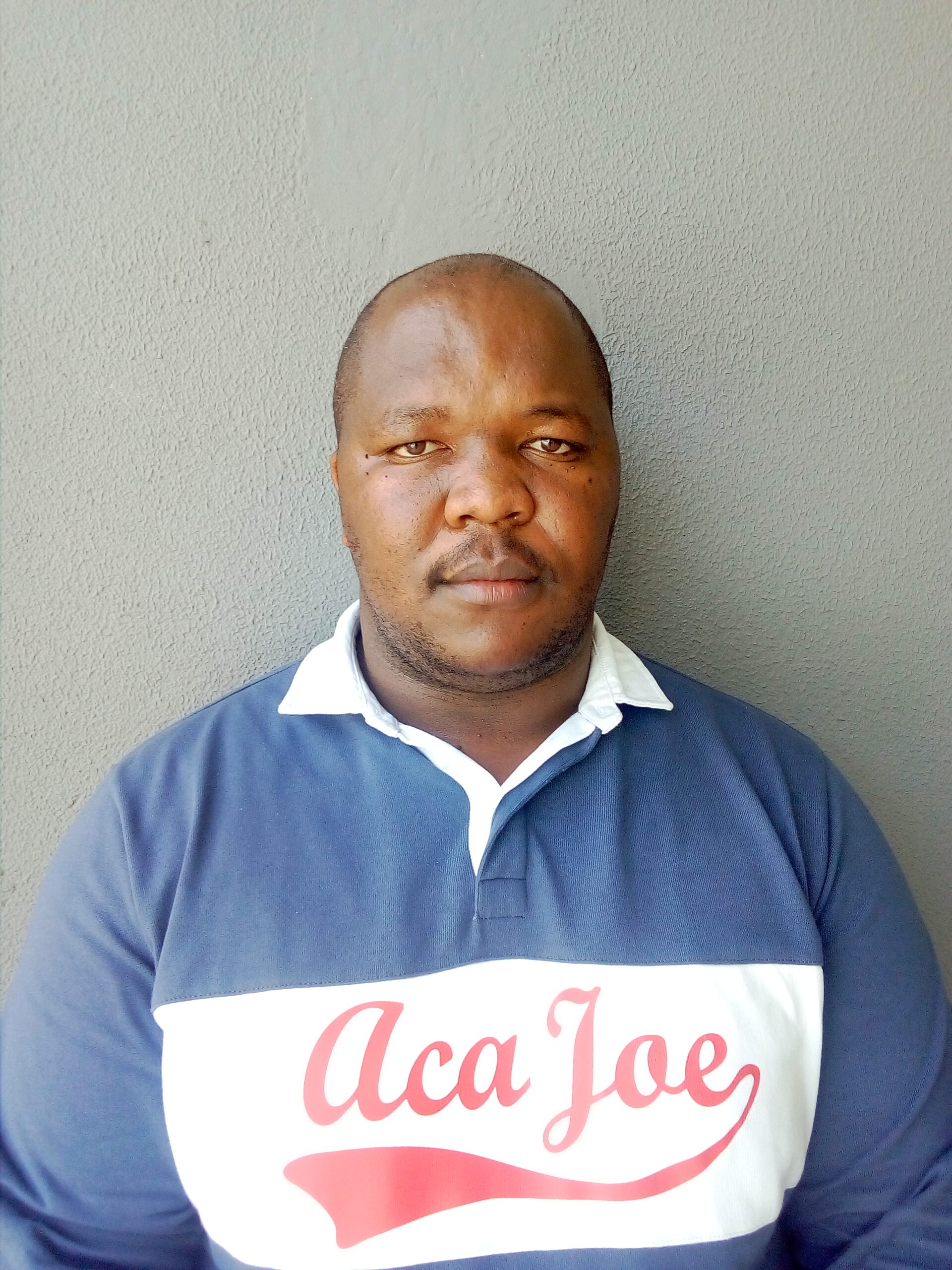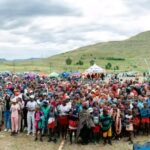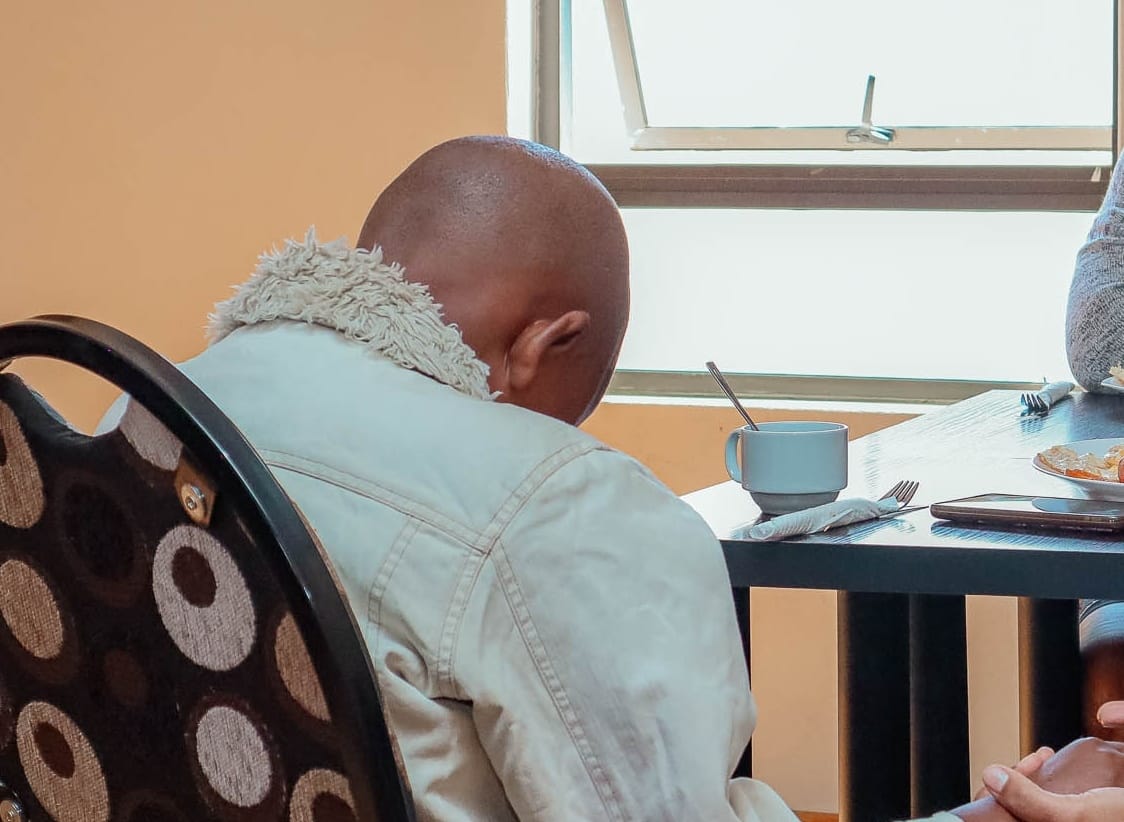Mpho S. began writing poetry at the age of nine or eleven, using it as an outlet for the emotional weight of domestic conflict and the turbulence of early adolescence.
Writing became her confidant and a source of catharsis. Over the years, her work evolved from rap to songs and eventually to personal essays.
Public performances have punctuated key moments in her growth. At 16, she represented Lesotho at the Maun International Arts Festival – an honour that remains a highlight in her journey. She later performed twice at The Playhouse Company’s Sundowners in Durban, an opportunity she credits to the support of a mentor named Page.
This year, her poem “Where I Am From/No Luck For The Unfavourable” was featured in Poetry Africa: An Architecture for Social Justice’s Online Open Mic. She describes the moment she received the news as overwhelming, saying she “bawled for days.” Being among the few Basotho represented – and the first from her generation – marked a significant milestone.
Mpho writes about power, pleasure, love, and social challenges, drawing from her lived experiences. She is committed to humanising the queer experience, emphasising that love is universal and that all people desire to be seen and understood. As Prof Emeritus M.H. Abrams once noted, poetry remains “one of the most nuanced arts in expressing what is human,” a sentiment that resonates deeply with her work.
She has witnessed varying attitudes towards LGBTIQ+ individuals in her community, some show tolerance, while others discriminate. Although not everyone is openly hostile, she notes that many still feel safer expressing disdain for queer people. She observes that while Basotho are often warm towards foreigners, they can be alienating towards their own.
The Constitution of Lesotho protects everyone, even if it does not explicitly reference LGBTIQ+ people. The Labour Act of 2024 has been widely welcomed for explicitly prohibiting workplace discrimination based on sexual orientation and gender identity.
Mpho identifies as queer and has done so openly for nearly a decade. She has only discussed her identity with a few family members. Her mother initially dismissed her bisexuality as a phase but later accepted her, despite expressing discomfort about attending a same-sex wedding. Mpho remains grateful for their evolving relationship.
She notes that many people perceive her as “passing for straight,” but she quickly noticed how attitudes shifted when she was in the company of her gay friend or a masculine-presenting woman. In those moments, she felt judged or treated as though she were betraying social norms simply by associating with people who were often demonised.
With limited safe spaces available, she and others like her carved out their own community. Their presence in public became acts of quiet rebellion, affirming their right to exist authentically. Being fully herself was essential, even if confidence did not always come easily. Whenever she can, she creates space for dialogue, using empathy to broaden perspectives.
In one of her poems, she writes, “Perspective is empathy, perspective is a bridge that can illuminate or vindicate.” Yet she admits that she sometimes felt shy and hesitant to share queer-centred work, especially when she did not feel safe.
Mpho describes coming out as a continuous process, a daily decision shaped by safety and environment. What she longs for, she says, is acceptance: “We need acceptance and to be radically and fervently loved out loud.”
Through her writing, she hopes to immortalise queer stories, ensuring they are neither forgotten nor erased. She believes it is vital for history to acknowledge their existence and hopes that loved ones and society at large will eventually catch up. For her, loving oneself deeply is the first step toward loving others fully.
Summary
- began writing poetry at the age of nine or eleven, using it as an outlet for the emotional weight of domestic conflict and the turbulence of early adolescence.
- She later performed twice at The Playhouse Company’s Sundowners in Durban, an opportunity she credits to the support of a mentor named Page.
- She notes that many people perceive her as “passing for straight,” but she quickly noticed how attitudes shifted when she was in the company of her gay friend or a masculine-presenting woman.

Thoboloko Ntšonyane is a dedicated journalist who has contributed to various publications. He focuses on parliament, climate change, human rights, sexual and reproductive health rights (SRHR), health, business and court reports. His work inspires change, triggers dialogue and also promote transparency in a society.








